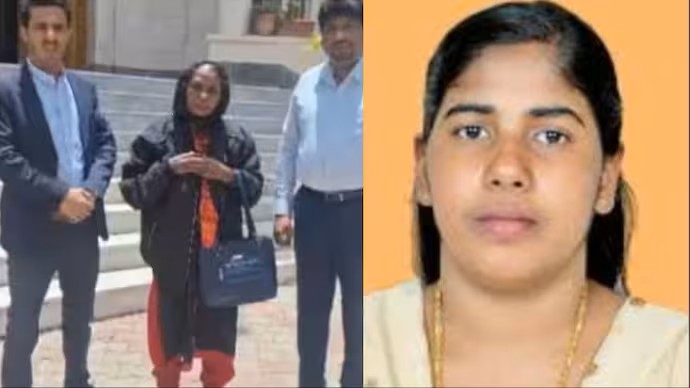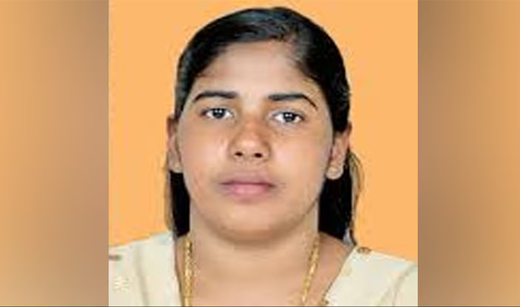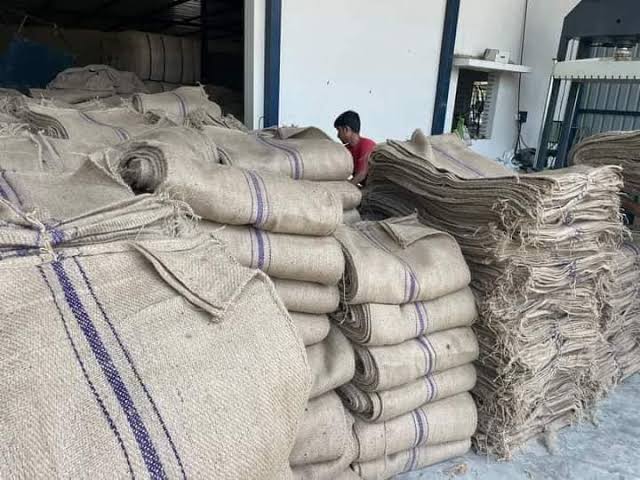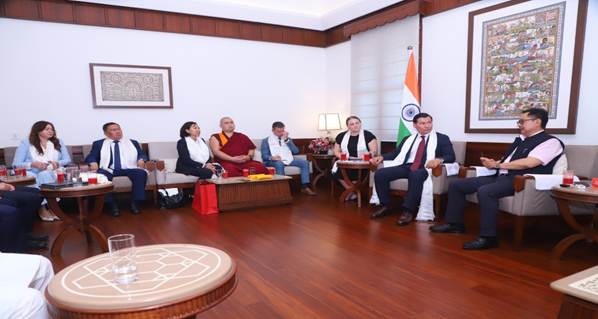New Delhi: Yemen President Rashad al-Alimi has upheld the death sentence for Nimisha Priya, an Indian nurse convicted of murder in 2017. This decision, which marks the final legal rejection of her appeals, now leaves her fate dependent on securing forgiveness from the victim’s family and tribal leaders through the payment of blood money.
 The Indian Ministry of External Affairs (MEA) responded to the development, emphasizing its commitment to assisting Priya’s family. “We understand that Priya’s family is exploring all available options. The government is extending every possible support,” MEA Spokesperson Randhir Jaiswal stated.
The Indian Ministry of External Affairs (MEA) responded to the development, emphasizing its commitment to assisting Priya’s family. “We understand that Priya’s family is exploring all available options. The government is extending every possible support,” MEA Spokesperson Randhir Jaiswal stated.
Family’s Struggles to Save Nimisha Priya
Priya, a 36-year-old from Palakkad, Kerala, has been on death row since 2018 for the murder of Yemeni national Talal Abdo Mahdi. Her conviction came after a Yemeni trial court ruled against her, followed by unsuccessful appeals to higher courts, including the Yemeni Supreme Court in 2023.
Efforts to secure her release shifted focus to negotiating a waiver of the death penalty with the victim’s family, which requires blood money. Her mother, Prema Kumari, 57, has been in Yemen since early 2024, working to facilitate negotiations.
However, the process has faced numerous hurdles. Negotiations stalled in September when Abdullah Ameer, the lawyer representing Priya’s case, demanded a pre-negotiation fee of $20,000. While the MEA had earlier provided nearly $19,871, Ameer requested an additional $20,000 to resume talks.
The Save Nimisha Priya International Action Council, which raised part of the fee through crowdfunding, encountered difficulties maintaining transparency in fund usage, further complicating the situation.
Background of the Case
Nimisha Priya moved to Yemen to work as a nurse but became embroiled in a dispute with Mahdi, whom she accused of manipulation, financial exploitation, and physical abuse. According to Priya, Mahdi forged documents and claimed to be her husband, enabling him to control her clinic’s revenue and confiscate her passport.
Desperate to retrieve her passport, Priya attempted to sedate Mahdi in July 2017, but he overdosed and died. This incident led to her arrest and subsequent conviction for murder.
With President al-Alimi’s decision to uphold the death sentence, Priya’s fate now rests on securing forgiveness and paying blood money, a customary practice in Yemeni law. Her family, however, continues to face logistical, financial, and legal obstacles in these efforts.
India’s government has reiterated its support, but time is running out, as the sentence could be carried out within a month. The case highlights the complexities of navigating foreign legal systems and cultural practices in life-and-death scenarios.




